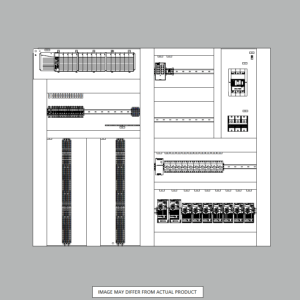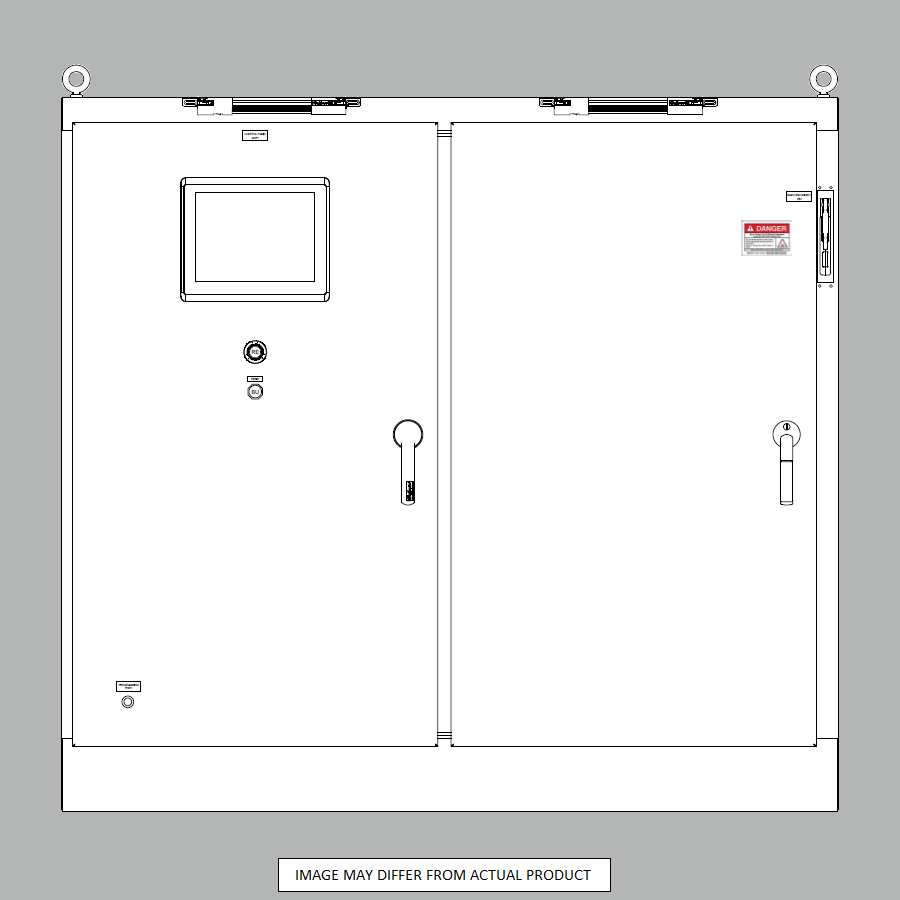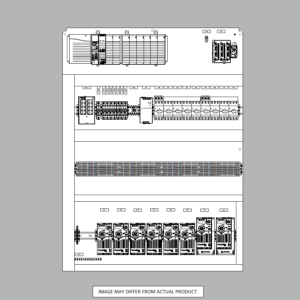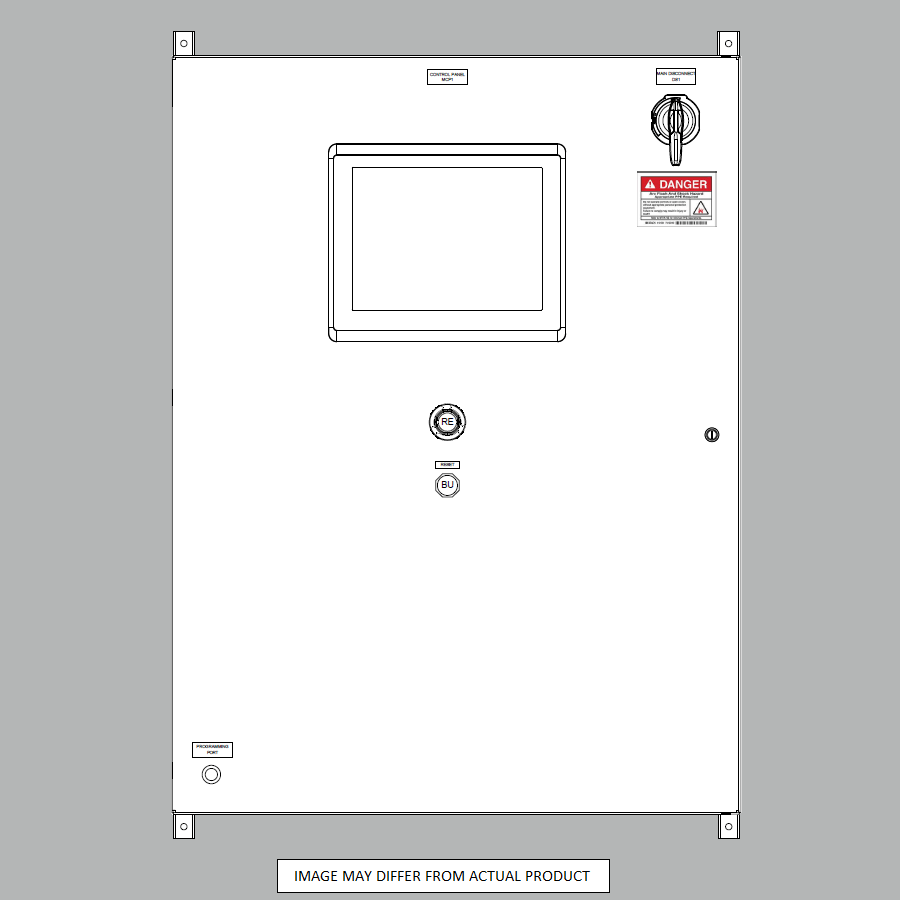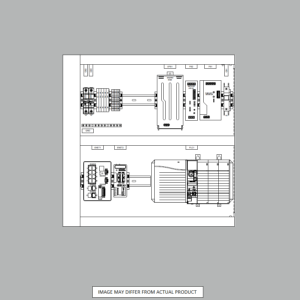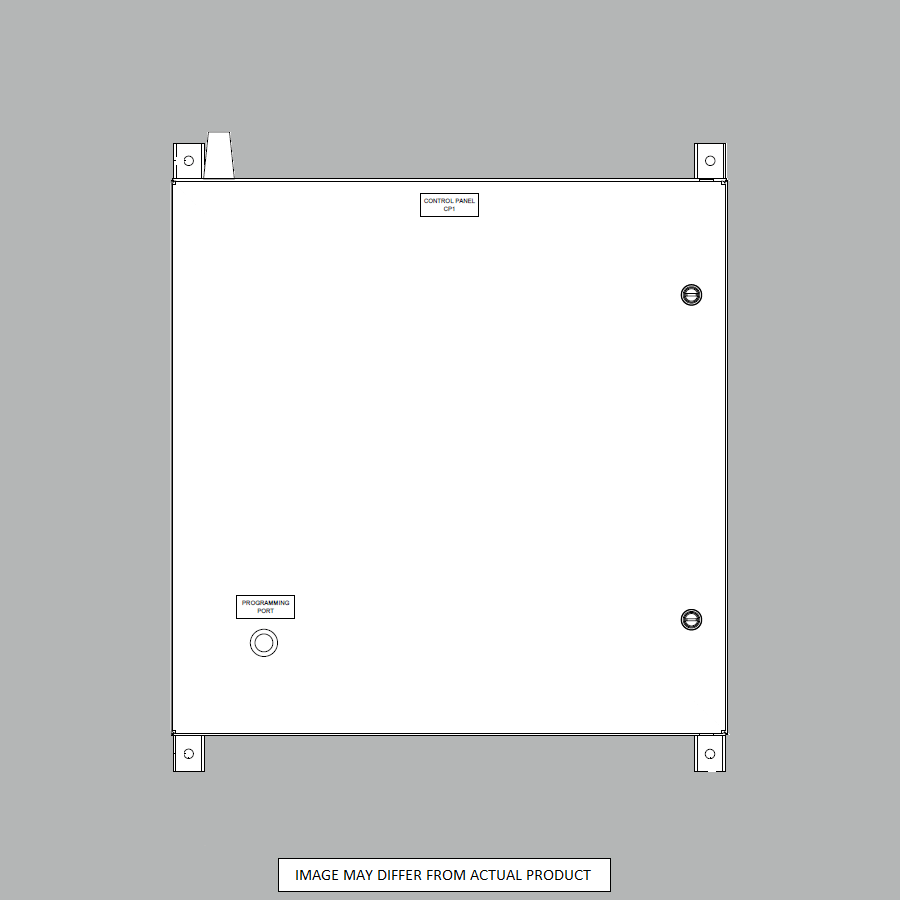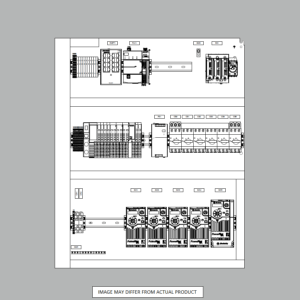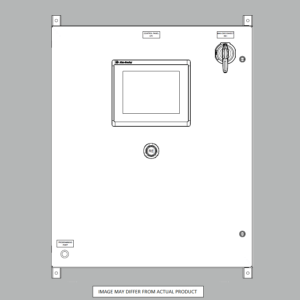Guide to Rockwell’s PlantPAX DCS for Process Control
PlantPAX is Rockwell Automation’s DCS (distributed control system) designed for process automation. With intuitive configuration tools, pre-built solutions, and a unified architecture – it delivers flexibility, productivity, and reliability for process operations.
In this article, we’ll dive in-depth into how PlantPAX works and why it’s become an industry leader.
Article Outline
- Why PlantPAX Matters for Process Control
- How Does IT Work?
- PlantPAX System Architecture
- Why Use it and its Common Applications.
- Getting Started
- The Future of PlantPAX
- Start Your PlantPAX Journey
Why PlantPAX Matters for Process Control?
Process industries like oil & gas, chemicals, and food & beverage use automation and control systems to optimize and monitor complex manufacturing processes. Downtime from control system failures can cost thousands per hour – so having a reliable DCS is critical.
Legacy DCS systems designed long ago lack the flexibility and power of today’s automation software and hardware. Trying to force outdated systems to work only creates headaches for engineers.
PlantPAX changes that by providing a modern DCS built on Allen-Bradley PLCs and FactoryTalk software. The advantages include:
- Unified platform from HMI to PLC programming
- Pre-built solutions to avoid reinventing the wheel
- Modular architecture that’s easy to expand
- Integrated diagnostics to quickly identify and fix issues
- Optimized for continuous and batch process control
PlantPAX delivers a powerful and reliable automation system for process manufacturers that helps maximize uptime and optimize operations.
How Does PlantPAX Work?
PlantPAX is built on Allen-Bradley Logix PLCs and FactoryTalk software to provide a unified automation platform. This common automation platform means you can program PLCs, design HMIs, configure alarms, and more using integrated tools.
Some key elements of the platform include:
- Logix PLCs – Control strategies are programmed in the Logix environment using encapsulated instructions. Redundant PLCs provide high reliability.
- FactoryTalk View HMI – Operator screens are built in FactoryTalk View using PlantPAX workflow-based templates. Modules can be reused to speed up projects.
- FactoryTalk Alarms – Centralized alarm management system with PlantPAX add-on instruction to simplify configuration.
- FactoryTalk Historian – Collects and archives process data for analysis and reporting. Integrates directly with PlantPAX PLCs.
- Library of Process Objects – Reusable configurations for tanks, pumps, and more units. Dramatically simplifies engineering.
Tight integration between these components eliminates extra configuration and simplifies projects. For example, tags propagate automatically between PLCs and HMIs without mapping.
PlantPAX System Architecture
PlantPAX utilizes a modular architecture that can scale from small unit-level solutions up to massive plantwide DCS implementations:
- PLCs – Logix controllers provide discrete/process control. Redundant options deliver high reliability.
- I/O – Modular remote I/O with Foundation Fieldbus, HART, and WirelessHART support.
- Network – EtherNet/IP unified network for PLCs, I/O, drives, and HMIs.
- Servers – Provide data collection, visualization, and history functions.
- HMI – FactoryTalk View ME stations for local control. FT View SE for plantwide monitoring.
- Software – System config, programming, visualization, and more through Studio 5000 and FactoryTalk software.
This modular PlantPAX architecture can start small and scale up over time – avoiding a major forklift upgrade. Ethernet communication over EtherNet/IP enables easy integration.
Why Use PlantPAX and its Common Applications?
There are many reasons PlantPAX has become popular for process control systems:
- Unified Tools – Program Logix PLCs and FactoryTalk HMIs from one Studio 5000 environment. Reuse tags and code across platforms.
- Optimized Solutions – Pre-built PlantPAX equipment libraries and process unit templates speed configuration—batch processing guidance via FactoryTalk Batch software.
- Scalability – Modular architecture seamlessly scales up. Start with just PLCs and I/O, then expand.
- Reliability – Redundant PLC options deliver high availability. Real-time communication over EtherNet/IP. Fault tolerance is built into the system.
- Future Proof – Continued Rockwell investment in the Logix platform, ensuring longevity. Easily upgrade to innovations.
- Global Support – Get assistance directly from Rockwell’s technical support experts and extensive partner network. Local resources are available worldwide.
PlantPAX is utilized in a wide range of process industries, including:
- Oil & Gas – Wellhead control, pipeline monitoring, refinery units.
- Chemical – Batch reactors, mixing vessels, centrifuges, boilers.
- Food & Beverage – Blending, bottling, canning, cleaning.
- Water/Wastewater – Treatment systems, filtration, disinfection.
- Metals & Mining – Material handling, smelting, rolling mills.
- Power – Turbine control, steam systems, emissions monitoring.
- Life Sciences – Bioreactors, fermentation, chromatography.
For process manufacturers looking to upgrade aging DCS systems or implement new process automation, PlantPAX provides a smart choice. The modern platform and architecture ensure flexibility for future expansion and optimization. The modular nature allows it to scale from small unit-level solutions to massive plantwide DCS implementations in these industries.
Getting Started
As someone familiar with the system, let me share advice for engineers new to PlantPAX:
- Understand the Architecture – Key components include PLCs, HMIs, and servers. Learn how they communicate over EtherNet/IP.
- Learn the Software Tools – Studio 5000 and FactoryTalk View are integral to programming and configuring the system.
- Utilize the Library – The Process Objects and templates for tanks, pumps, etc. can dramatically simplify engineering.
- Create a Demo Project – Build a small training simulator with a Logix PLC, FactoryTalk View HMI, and some process objects.
Hands-on experience through training helps you get up to speed on PlantPAX faster. For those with DCS experience, focus on how PlantPAX differs and what it offers over legacy systems. Our Automation Ready Panels engineers can provide help to your engineers and end users.
The Future of PlantPAX
As a modern DCS platform, the PlantPAX system will continue evolving to incorporate the latest innovations from Rockwell:
- Further Integration – Tighter connections between system elements, reducing engineering effort.
- Cloud & Analytics – Cloud-based monitoring and analysis tools utilizing industrial IoT data.
- Augmented Reality – Intelligent glasses providing interactive work instructions and remote assistance.
- Digital Twin – Virtual plant models that simulate processes for what-if analysis.
- Robotics – Robotic process automation (RPA) for handling mundane tasks. Collaborative robots work safely alongside humans.
- Artificial Intelligence – AI agents analyze data, detect anomalies, suggest improvements, and more.
PlantPAX provides a robust foundation to use these emerging Industry 4.0 technologies – unlike legacy DCS platforms.
Start Your Journey Today
As we’ve covered, PlantPAX offers a modern DCS system architecture with unified programming tools, reusable libraries, and scalable components. It’s methodology helps standardize and speed commissioning.
For process manufacturers looking to upgrade aging control systems or implement new automation, it is a smart choice. The modular design allows incremental expansion and cost-effective implementation.
The future-proof PlantPAX modern DCS architecture ensures your operations will benefit from continued industrial automation and process control innovation.
Do you have questions or you need consultation? Click here to talk to us today at AutomationReadyPanels.com.
SHOP NOW
-
Large Process Automation: Panelview 5000, ControlLogix 5580
$21,389.00 Select options -
Small Process Automation: Panelview 5000, ControlLogix 5580
$17,999.00 Select options -
Small Process Automation: ControlLogix 5580, UPS Battery Backup, Cellular Modem
$16,999.00 Select options -
Advanced Automation: Panelview 5000, Safety CompactLogix 5380
$8,499.00 Select options




